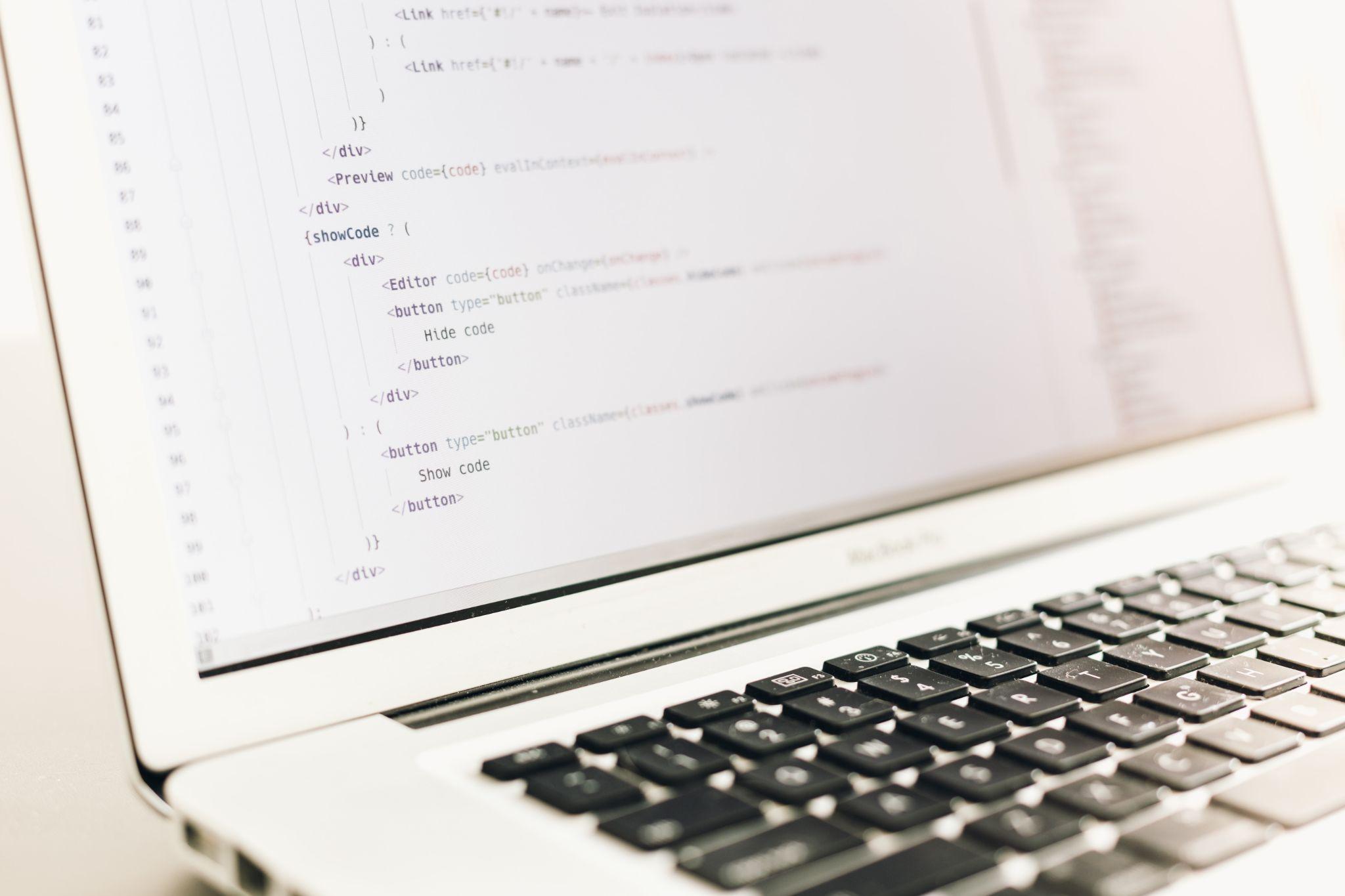The emergence of blockchain technology onto the global scene over a decade ago was just as impactful as the introduction of Bitcoin. And has become one of the most captivating technologies, sucking the world in with its potential.
According to a DataCamp review, on this online learning platform, those interested in this industry can acquire skills in blockchain-related areas like R programming language and data science, making it a leading resource for data science and programming education.
Here are a few career paths that individuals can consider after getting certified in blockchain:
Blockchain Data Analyst
Salary range: $80,000 – $120,000
As blockchain data analysts, professionals are crucial in examining and interpreting blockchain data. They utilize data analysis techniques and tools, including R programming, to extract meaningful insights and identify trends within the blockchain industry.
Professionals in data science utilize advanced technologies such as machine learning to conduct a thorough analysis of blockchain data. Through this process, they can identify patterns and irregularities and develop practical solutions to address any issues.
Responsibilities of a blockchain data analyst include:
- Analyzing blockchain data to identify patterns, trends, and anomalies;
- Extracting meaningful insights from blockchain networks;
- Providing data-driven recommendations to businesses in the blockchain industry.
Note: The approximate salary ranges can vary depending on location, experience, and industry demand.
Blockchain Data Engineer
Salary range: $90,000 – $130,000
Blockchain Data Engineers are essential in designing and implementing reliable data pipelines for blockchain networks. With expertise in R programming and blockchain technology, they play a vital role in developing systems that capture, process, and store blockchain data, ensuring its availability and usability for analysis and other purposes. These professionals contribute to the seamless management and utilization of blockchain data through their R programming and engineering proficiency.
The responsibilities of a blockchain data engineer include the following:
- Designing and implementing data pipelines for blockchain networks;
- Developing systems to capture, process, and store blockchain data efficiently and securely;
- Ensuring data availability and usability for analysis and other applications;
- Collaborating with cross-functional teams to integrate blockchain data with other systems and platforms.
Professionals in this role possess strong R programming skills and a deep understanding of blockchain technology. By pursuing a blockchain data engineer career, individuals can contribute to effectively managing and utilizing blockchain data, enabling organizations to derive insights and make informed decisions.
Note: Be aware that the salary range provided is an approximation and may be influenced by factors such as location, level of experience, and industry demand.
Blockchain Data Scientist
Salary range: $100,000 – $150,000
Combining blockchain and data science calls for specialists who can extract insights from blockchain data using statistical analysis and machine learning methodologies.
Their responsibilities would include:
- Developing models and algorithms to optimize blockchain performance and security;
- Implementing data-driven solutions to address challenges in blockchain technology;
- Analyzing blockchain data to identify patterns, trends, and anomalies.
Professionals with a data science background and knowledge of blockchain technology can excel in this role. By pursuing a blockchain data scientist career, individuals can contribute to advancing blockchain technology and make informed decisions based on data-driven insights.
Note: Salary ranges are approximate and can vary based on location, industry demand, and expertise.
Blockchain Research Scientist
Salary range: $120,000 – $160,000
A Blockchain research scientist plays a crucial role in conducting extensive research and driving innovation in blockchain technology.
These professionals utilize their expertise in data science, including proficiency in R programming, to analyze blockchain data, design experiments, and develop algorithms to improve blockchain systems’ efficiency and security.
By pushing the boundaries of knowledge and technology, they contribute to the advancement and evolution of blockchain technology.
The responsibilities of a blockchain research scientist include the following:
- Conducting an in-depth analysis of blockchain data to identify patterns, trends, and anomalies;
- Designing and conducting experiments to test new concepts and ideas in the blockchain domain;
- Developing advanced algorithms to optimize the performance and security of blockchain systems;
- Collaborating with interdisciplinary teams to explore and implement innovative solutions in blockchain technology.
Professionals in this role possess a strong data science background and advanced R programming skills. DataCamp offers courses in data science and programming languages that can provide individuals with the skills needed to excel as blockchain research scientists.
By pursuing a Blockchain Research Scientist career, individuals can contribute to advancing and evolving blockchain technology through research, experimentation, and developing innovative solutions.
Note: The approximate salary ranges can vary depending on location, experience, and industry demand.
















